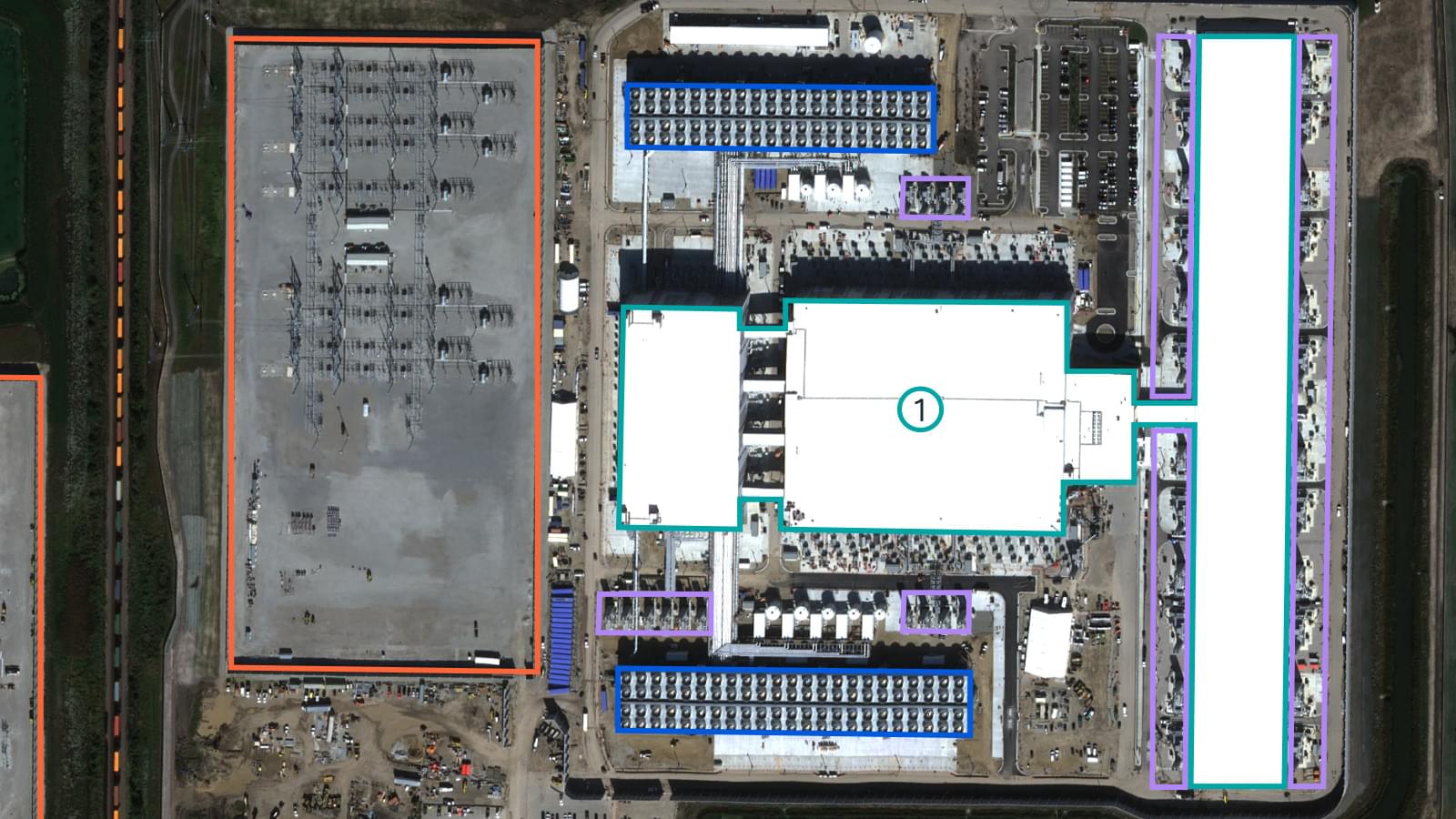MIT develops injectable brain chips that self-implant to treat diseases like Alzheimer’s without any need of surgery.
MIT’s injectable brain chips travel through the blood to self-implant, offering surgery-free treatment for brain diseases.
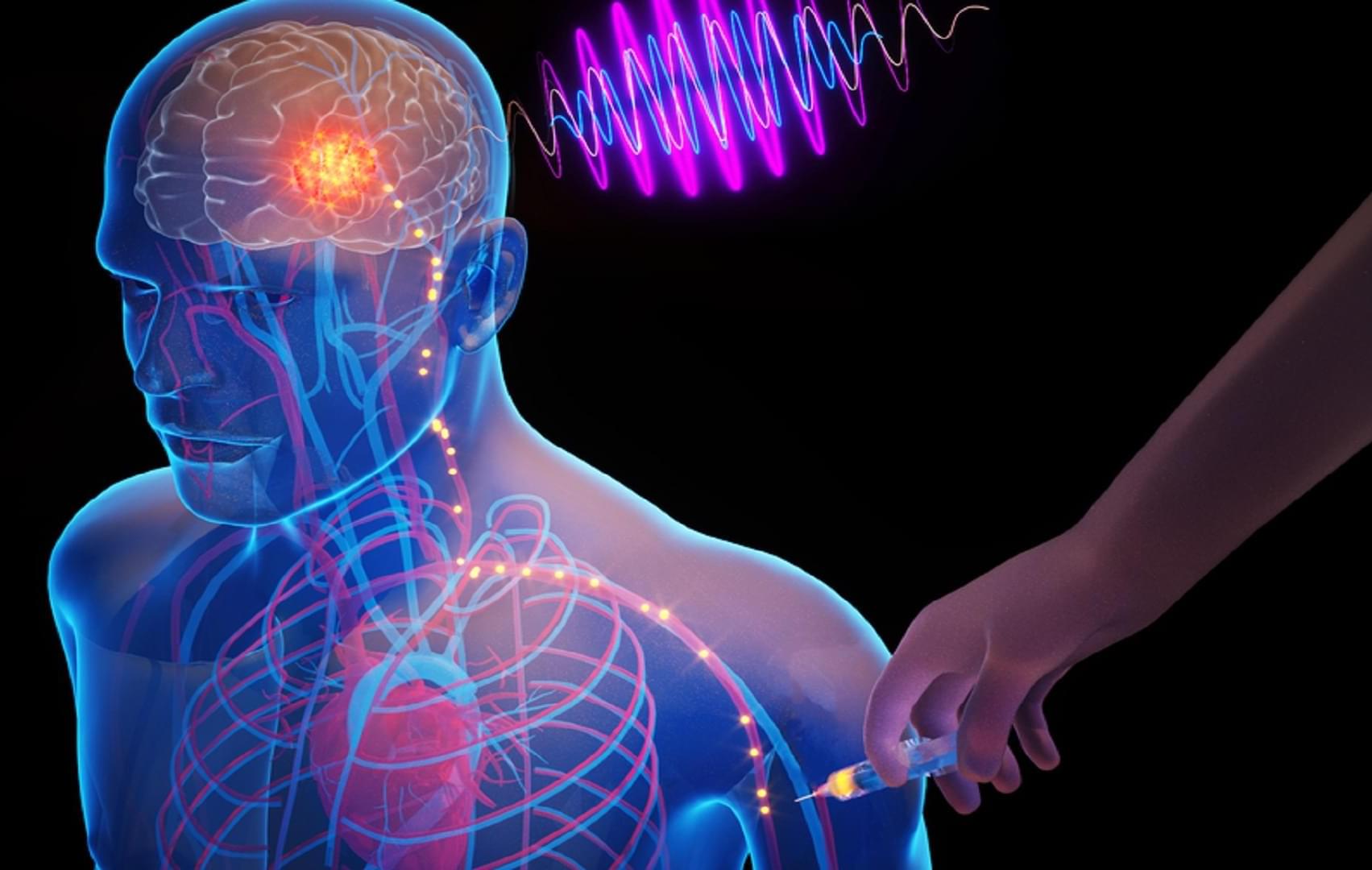

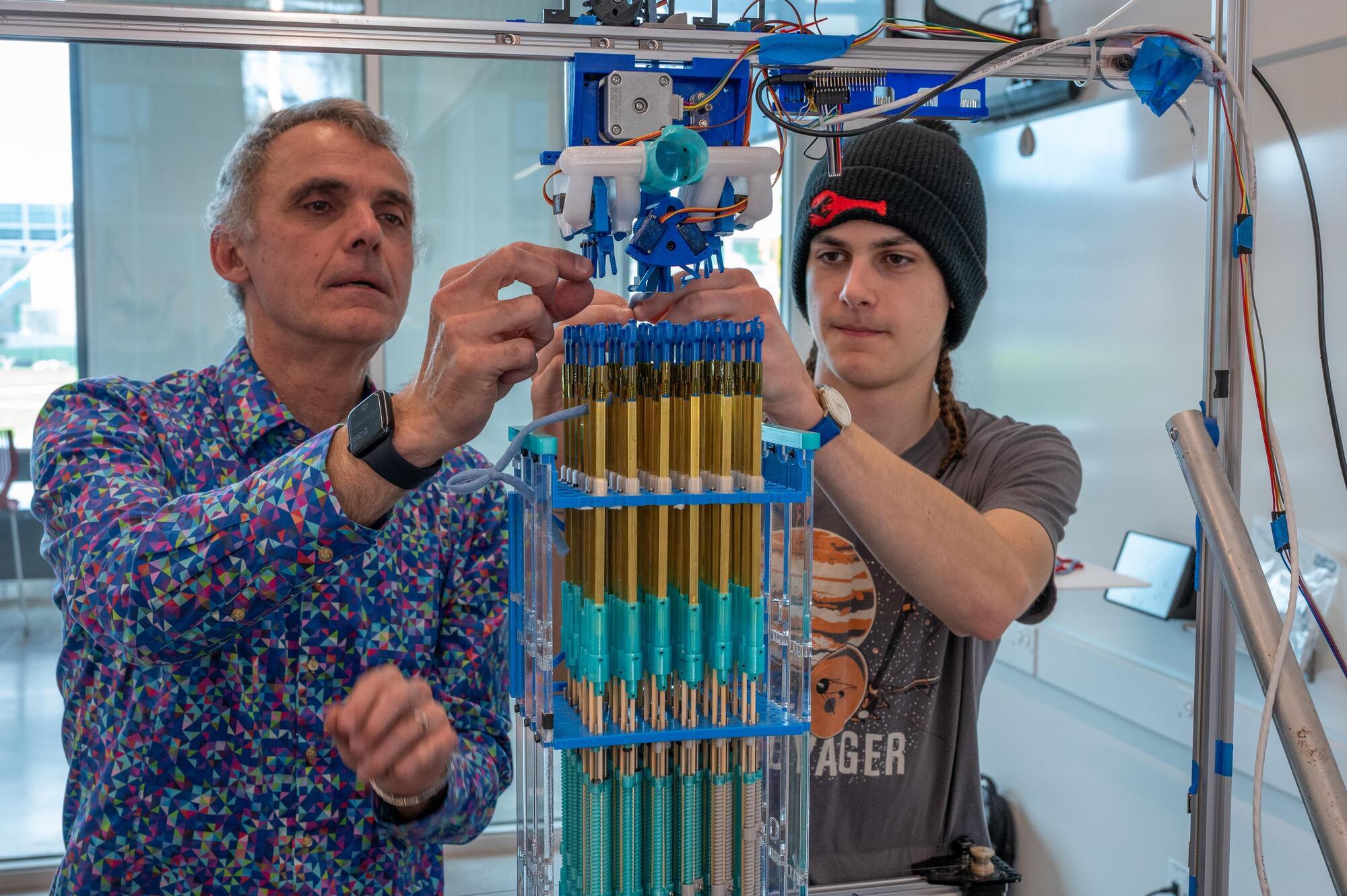
If you find 3D printers to be just a little too coldly futuristic, this contraption might be more to your liking. Scientists from Cornell University have created a machine that knits solid 3D objects out of nice old-timey conventional yarn.
The prototype device is made mainly of 3D-printed components, and incorporates a bed of knitting needles arranged in a 6 × 6 block. A motorized knitting head dispenses yarn to any of those needles in sequence, as determined by a program on a computer that’s controlling it.
Each of the needles in turn consists of a 3D-printed symmetrical double hook connected to a brass support tube. Because the front and rear sections of the hook move independently, it’s possible for the device to either knit or purl, depending on which section of the hook picks up the first loop of yarn.

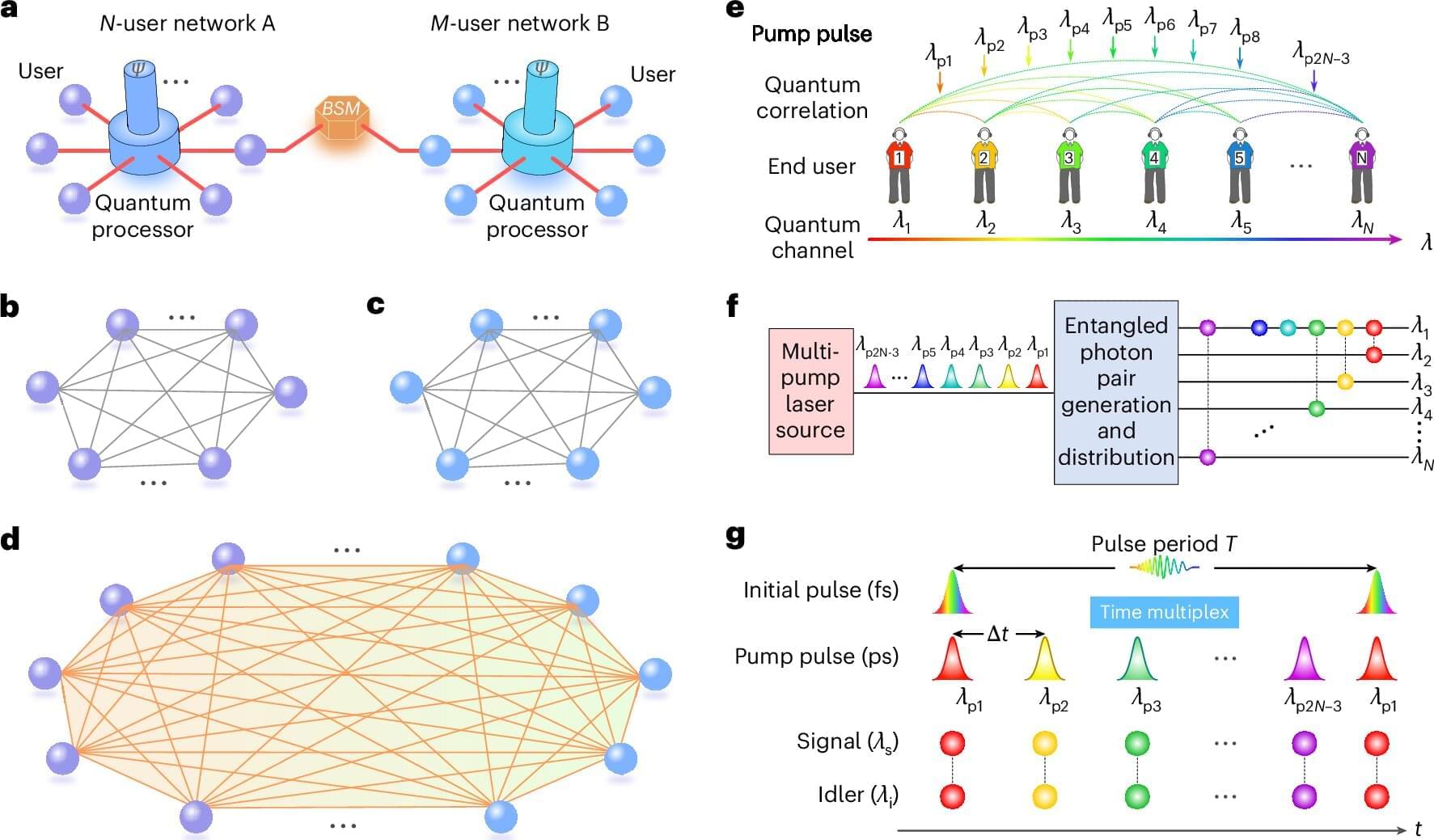
Many quantum researchers are working toward building technologies that allow for the existence of a global quantum internet, in which any two users on Earth would be able to conduct large-scale quantum computing and communicate securely with the help of quantum entanglement. Although this requires many more technological advancements, a team of researchers at Shanghai Jiao Tong University in China have managed to merge two independent networks, bringing the world a bit closer to realizing a quantum internet.
A true global quantum internet will require interconnectivity between many networks, and this has proven to be a much more difficult task for quantum networks than it is for classical networks. While researchers have demonstrated the ability to connect quantum computers within the same network, multi-user fusion remains a major challenge. Fully connected networks using dense wavelength division multiplexing (DWDM) have been achieved, but have scalability and complexity issues.
However, the research team involved in the new study, published in Nature Photonics, has merged two independent networks with 18 different users. All 18 users can communicate securely using entanglement-based protocols using this method. This represents the most complex multi-user quantum network to date.
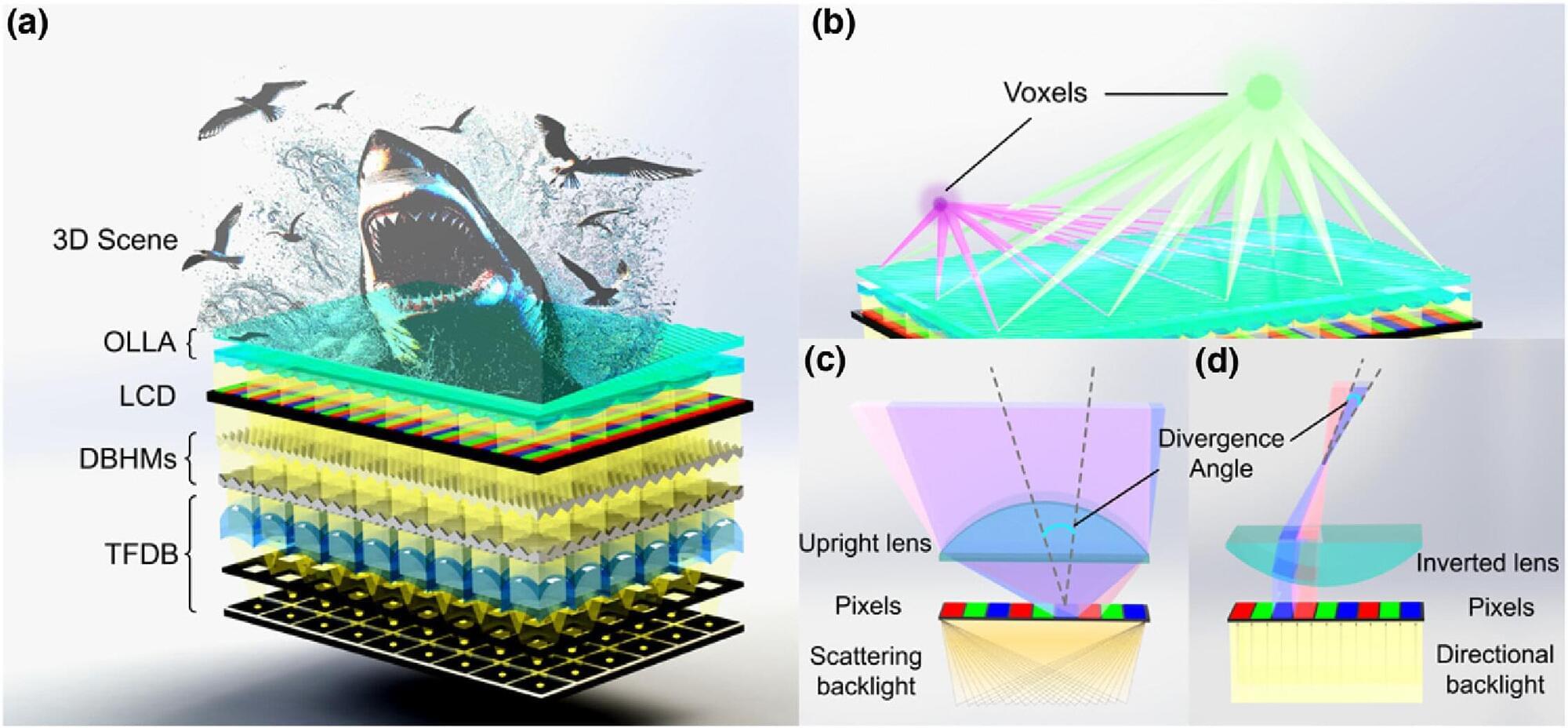
Researchers have developed an ultra-thin 3D display with a wide viewing angle, clear image quality and vivid display depth. By overcoming tradeoffs that typically limit glasses-free 3D displays, the advance could open new possibilities for highly detailed interactive experiences in health care, education and entertainment.
“The new display is just 28 mm thick, dramatically slimmer than conventional directional backlight systems, which typically exceed 500 mm,” said research team leader Xu Liu, from Zhejiang University in China. “This level of compactness, combined with the substantial boost in resolution we achieved, represents an important step toward making the technology practical for real-world products.”
In Optica, the researchers demonstrate an ultra-slim 32-inch directional backlight-based prototype based on the new display design. The prototype is roughly the size of a large computer monitor, has a wide viewing angle of over 120° and a large 3D display volume of 28 × 16 × 39 inches.
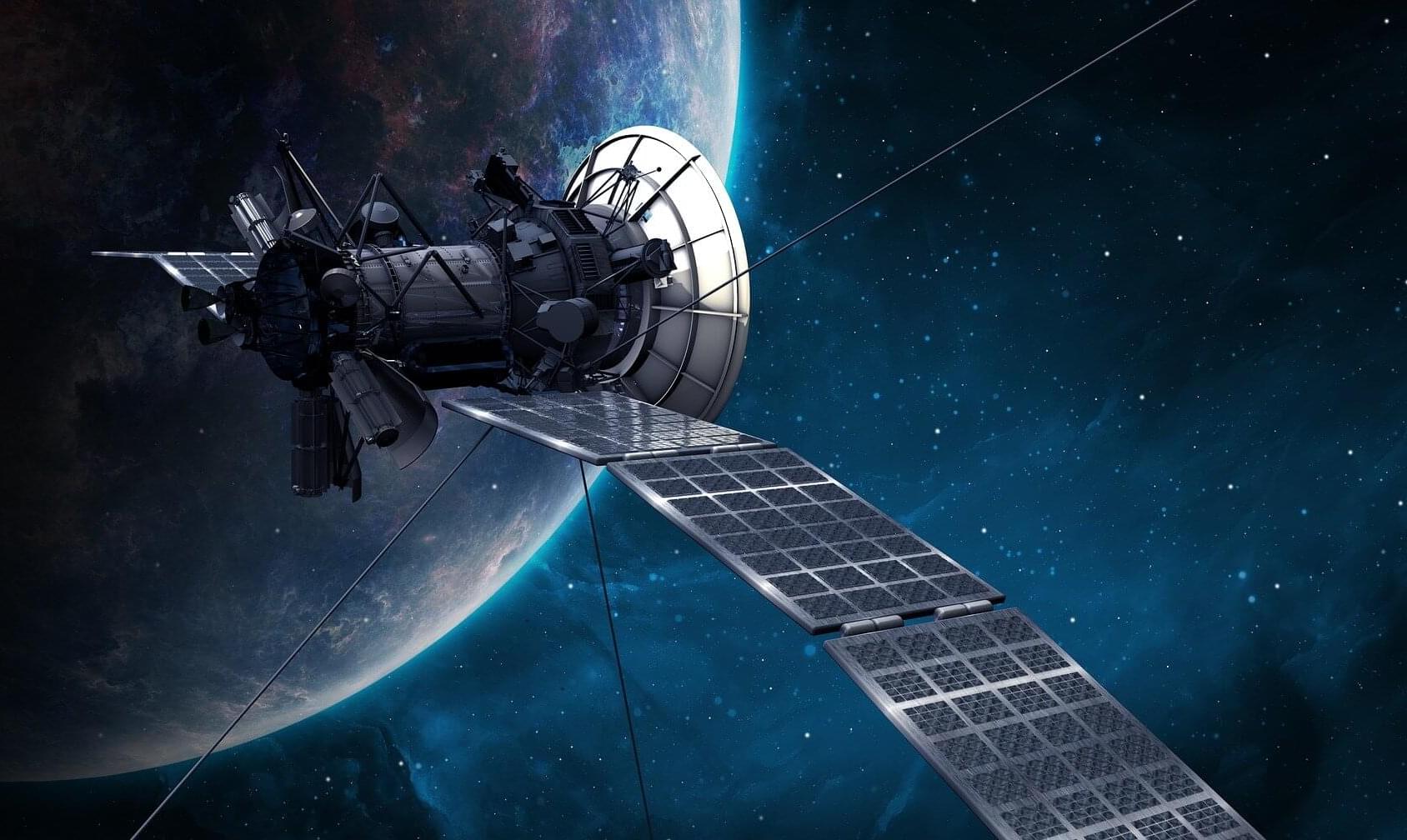
Quantum satellites currently beam entangled particles of light from space down to different ground stations for ultra-secure communications. New research shows it is also possible to send these signals upward, from Earth to a satellite; something once thought unfeasible.
This breakthrough overcomes significant barriers to current quantum satellite communications. Ground station transmitters can access more power, are easier to maintain and could generate far stronger signals, enabling future quantum computer networks using satellite relays.
The study, “Quantum entanglement distribution via uplink satellite channels”, by Professor Simon Devitt, Professor Alexander Solntsev and a research team from the University of Technology Sydney (UTS), is published in the journal Physical Review Research.
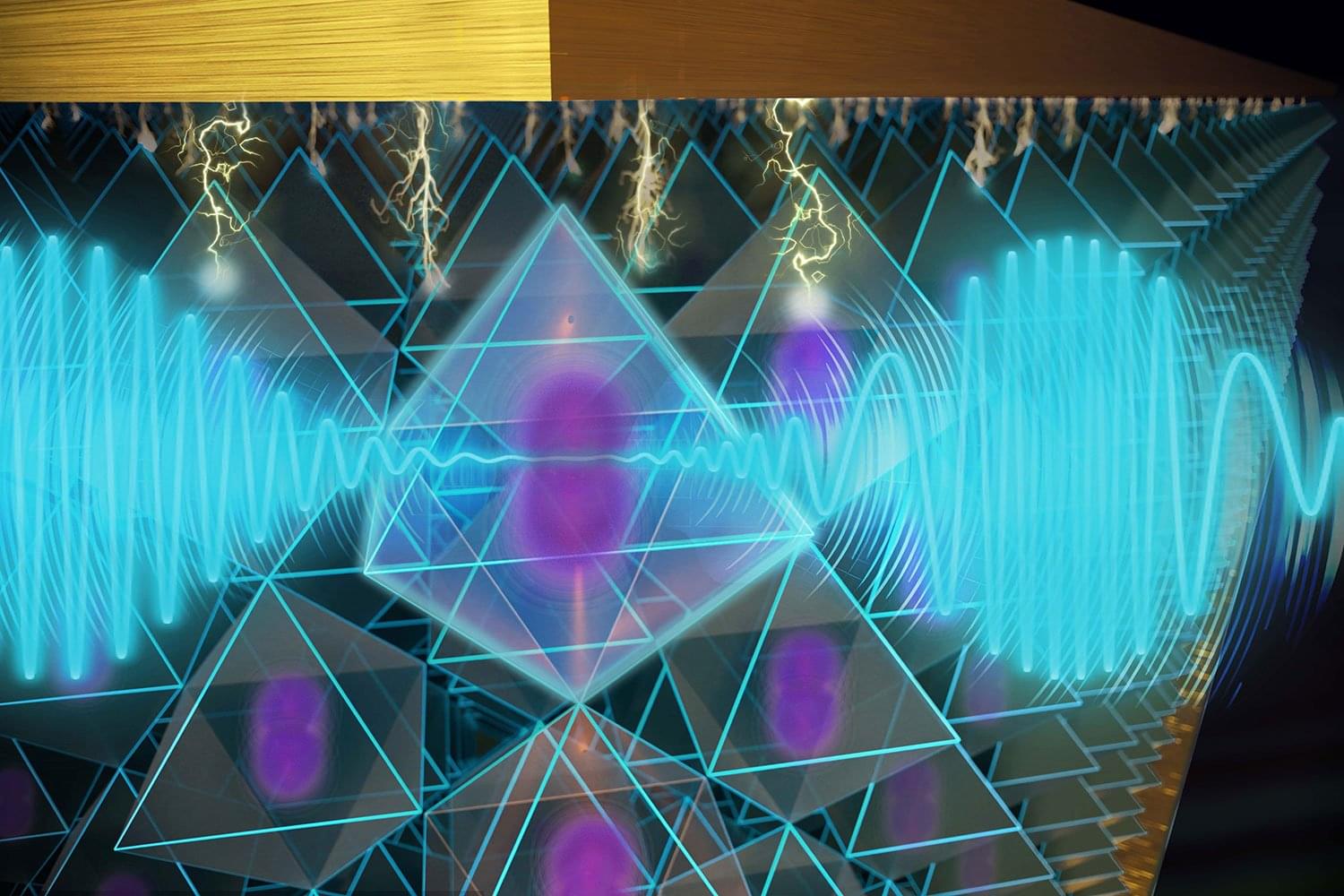
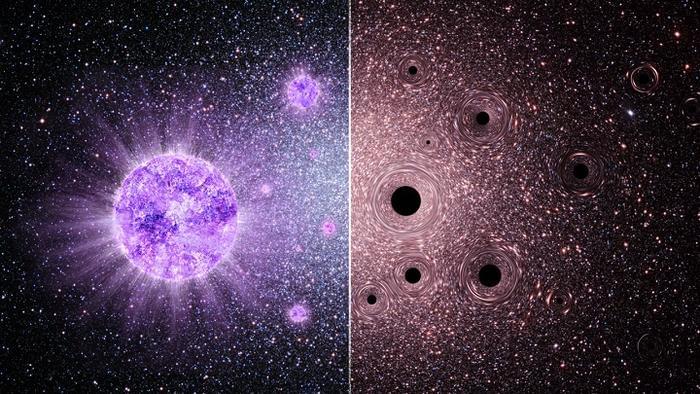
“Extremely massive stars may have played a key role in the formation of the first galaxies,” said Dr. Paolo Padoan.
How did the extremely massive stars (EMS) in the early universe help form the oldest star clusters? This is what a recent study published in the Monthly Notices of the Royal Astronomical Society hopes to address as an international team of scientists investigated the role that EMS played in not only forming globular clusters (GCs), but how the latter were responsible for forming the first black holes. This study has the potential to help scientists better understand the conditions of the early universe and what this could mean to better understanding our existence.
For the study, the researchers presented a new computational model to help explain how EMS contributed to GC formation with bodies celestial objects being between 1,000 to 10,000 times as massive as our Sun and containing hundreds of thousands to millions of stars, respectively. Given the massive sizes and short lifetimes of EMS, they go supernova when they die, and the new model postulates they become black holes while releasing massive amounts of chemical and hydrogen that mixes with surrounding gas and dust, resulting in the formation of GCs. Additionally, data obtained from NASA’s James Webb Space Telescope (JWST) discovered nitrogen-rich galaxies had chemical signatures obtained from GCs.
